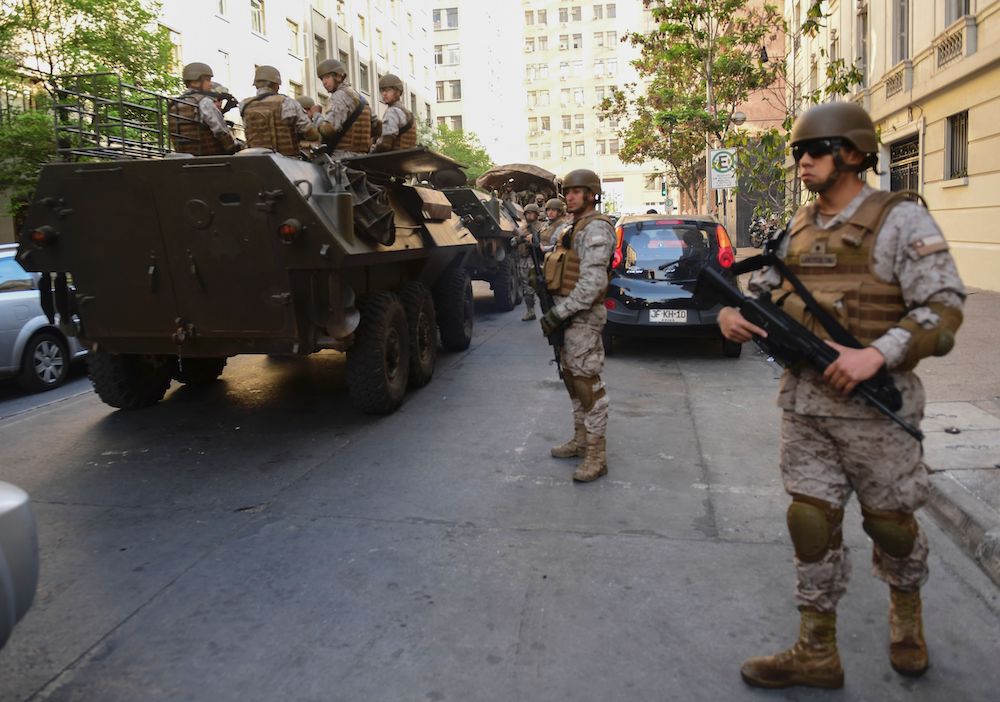This article is adapted from AQ’s special report on Latin America’s armed forces.
My first real experience with the military in Latin America was in 1983 when I started to work with Argentina, Brazil and Chile to resolve their debt challenges. I chaired the Chilean Advisory Committee and met President Pinochet on several occasions. Growing up in the U.S., it was hard to imagine anything other than a full functioning democracy with absolute freedom.
The military in Chile prior to the return of democracy in 1990 was a paradox. There were human rights violations at every level, however, simultaneously many of the civilian appointments were professionals with high integrity and moral standing.
Many of those leaders helped navigate a complicated economic situation and others negotiated with the opposition a peaceful and successful return to democracy. It was extraordinary to observe. As a democracy, Chile achieved what would have never been possible under a military government.
I watched as Chile enjoyed ever-greater prosperity under a succession of democratically-elected civilian governments. The military also seemed reformed. But when more than one million Chileans took to the streets to demand change in late 2019, I questioned some of my previous assumptions.
Despite economic progress, Chile had not progressed socially as much as some of us believed. The prospect of reaching middle-class status was perceived as fragile by many. This became more apparent as growth slowed. The protests made it abundantly clear that although the military had returned to the barracks, little had been achieved in reforming the institution. But additional hangovers from the military rule complicate today’s situation. For example, how can the streets be controlled without the basic intelligence that most cities employ today?
It is important that we not only focus on economic reform, but also that it has a social conscience and be accompanied by a strong commitment to ensuring a sustainable middle class. All the institutions necessary for a strong and vibrant democracy must be modernized. The democratic wave of the last 30-40 years in Latin America is surely one of the best developments I’ve seen in a career following the region. It’s important those advances be preserved.








